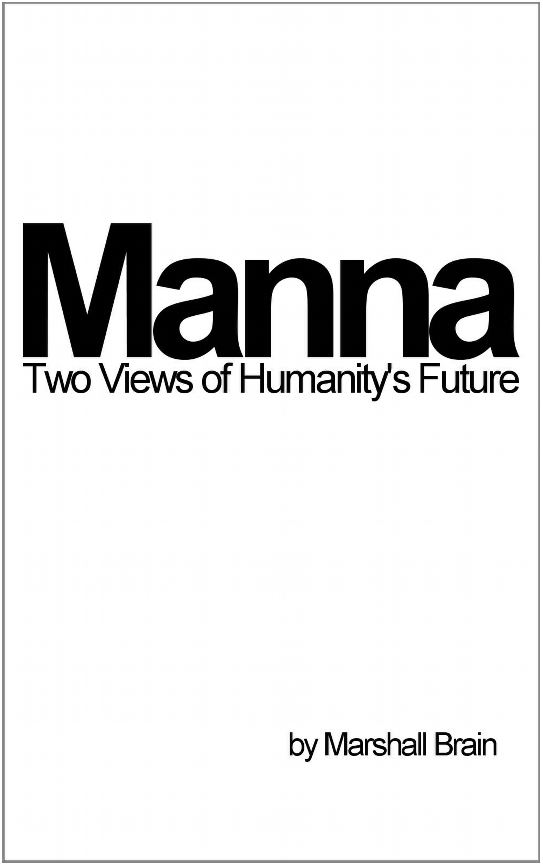Image by madaise, courtesy of Creative Commons licensing.
Happy Saturday y'all! Below, I have rounded up some things for you to think about this weekend:
1. Our future will most likely involve computer-driven, autonomous vehicles. This article takes a look at the problems that we can expect to encounter and posits some solutions. For example, computer-driven vehicles will have a difficult time understanding a construction worker's hand signals to navigate through a work zone. Or detecting the color of a traffic light that has bright sunlight behind it. The problems are real, but not insurmountable. Just like our transition to trains, we will need to anticipate this change well in advance and plan accordingly. This article is one of the few that I have seen that offers up some potential resolutions—let's hope that more like it start churning out on a regular basis.
2. For fellow fans of color, Hindu culture, or festival celebrations, check out this article detailing the Holi Hai "Festival of Colors". There is a description of the tradition and plenty of beautiful color photographs to boot.
3. New smartphones have become fairly predictable in the past few years. Each year they're generally faster, more secure, and include some new features and updated operating systems. This article argues that the next stage of smartphones will include a lot of uncertainty, including how we interact with them. Similar to the Spike Jonze film Her (which is excellent, by the way), we may end up touching our screens less than we think. Could it be time for us to interact verbally with artificial intelligence software?
4. This article proposes two simple Buddhist techniques for amplifying positive feelings and softening negative moods. It includes a discussion about how aversion and attachment cause suffering, the differences between Western and Eastern philosophies, and suggests two visualization techniques that can be used during a meditation practice or even just when waking from sleep. There is a lot of great information and it may help those who are struggling with controlling their reactions to negative feelings. Plus, there is a funny picture of a laughing Buddha!
5. If you were wondering what the United States government would do if a zombie outbreak occurred, wonder no further. Through a Freedom of Information Act request, documentation outlining the official governmental response to a zombie apocalypse have been released. Information about how to handle various zombies, including "evil magic zombies", "space zombies", "vegetarian zombies", and "chicken zombies" (no, I'm not kidding) are detailed in the documentation. For the sake of all Americans, please read this information and plan accordingly.
That's all for this week's edition of Weekend Thoughts. Until next week, keep thinking wilder.







